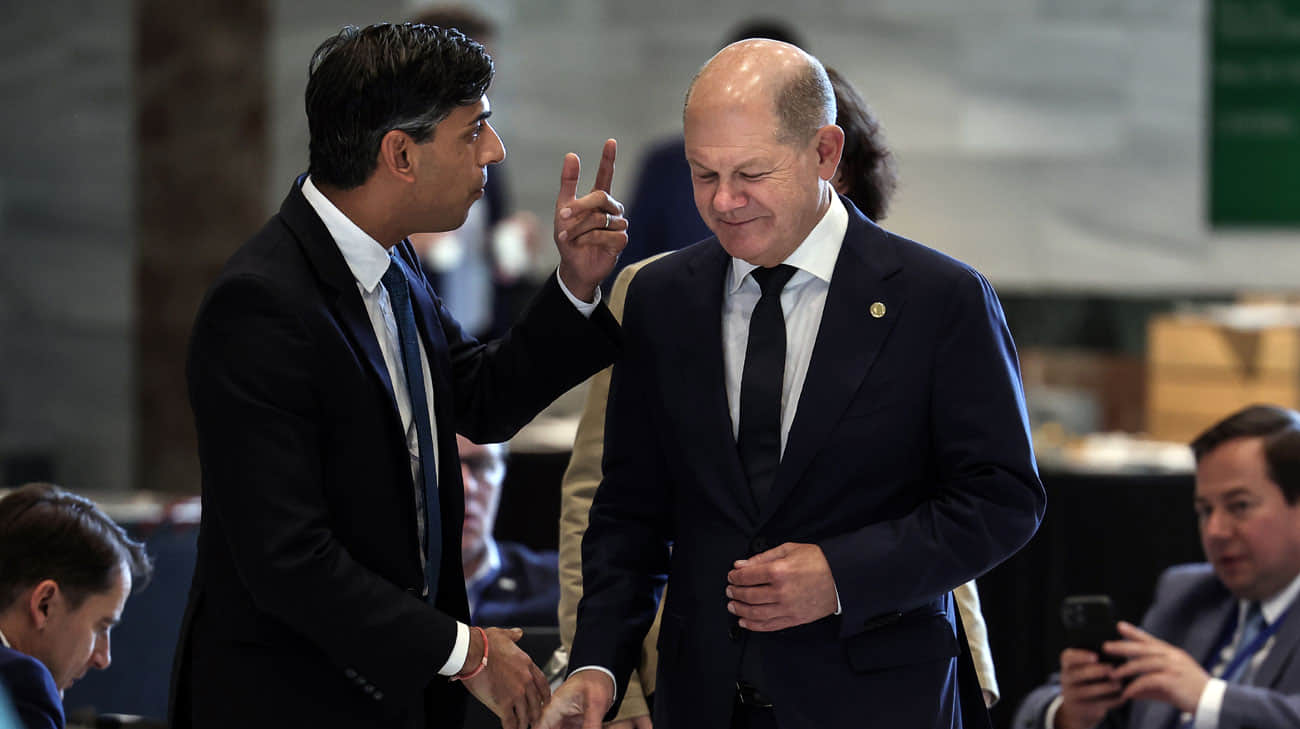Metro mayors to control railways and housing in ‘landmark’ devolution plans
Mayors of large cities and regions across England will soon be able to take control of local infrastructure and skills projects under a new devolution bill, which was introduced in Parliament today. The English Devolution White Paper will give metro mayors – directly elected regional leaders who chair combined authorities – significant new powers in [...]


Mayors of large cities and regions across England will soon be able to take control of local infrastructure and skills projects under a new devolution bill, which was introduced in Parliament today.
The English Devolution White Paper will give metro mayors – directly elected regional leaders who chair combined authorities – significant new powers in their local areas.
It is part of a plan to make devolution the “default setting” across a “range of government policy areas,” the government said.
“Our White Paper will be a turning point when we finally see communities, people and places across England begin to take back control over the things that matter to them,” Deputy Prime Minister Angela Rayner said.
“Devolution will no longer be agreed at the whim of a minister in Whitehall, but embedded in the fabric of the country, becoming the default position of government,” she added.
Devolution has always been a key Labour project, with the first legislative frameworks set out in the Scotland Act 1998 under then-Prime Minister Tony Blair.
Prime Minister Keir Starmer has previously said he sees he process of devolution as intrinsic to Labour’s “decade of national renewal”, and has explicitly linked it to the Tories’ somewhat abandoned promises of levelling up.
Alongside increased powers for metro mayors, the white paper will also see proposals to create ‘strategic authorities’ across England, scrapping more than 150 councils and creating 20 to 30 unitary authorities.
Labour hopes for a transport boost
The transport secretary Heidi Alexander told the Observer that the boost to devolution was made to promote growth alongside service improvements.
“These new powers mark a historic shift in how our railways are run – giving local leaders the ability to shape services that truly meet the needs of their communities and drive local growth,” Alexander said.
“By placing decision making closer to the people using these services, passengers’ experience of public transport will be improved, including through better timetabling and easier journeys door-to-door.”
The mayor of Greater Manchester, Andy Burnham, similarly told the Guardian it was a big step forward. “In simple terms it lets us do what London has done,” he said.
“We will complete the re-regulation of buses on 5 January. We will go to a London payment system over buses and trams in March and then we want to integrate eight rail lines to begin with but more in the long run into the Bee network, which is our London-style system.
“The rail network has been disastrous in recent times. This will bring real economic benefit by allowing us to shape services to need, and serve the area’s economic interests.”



